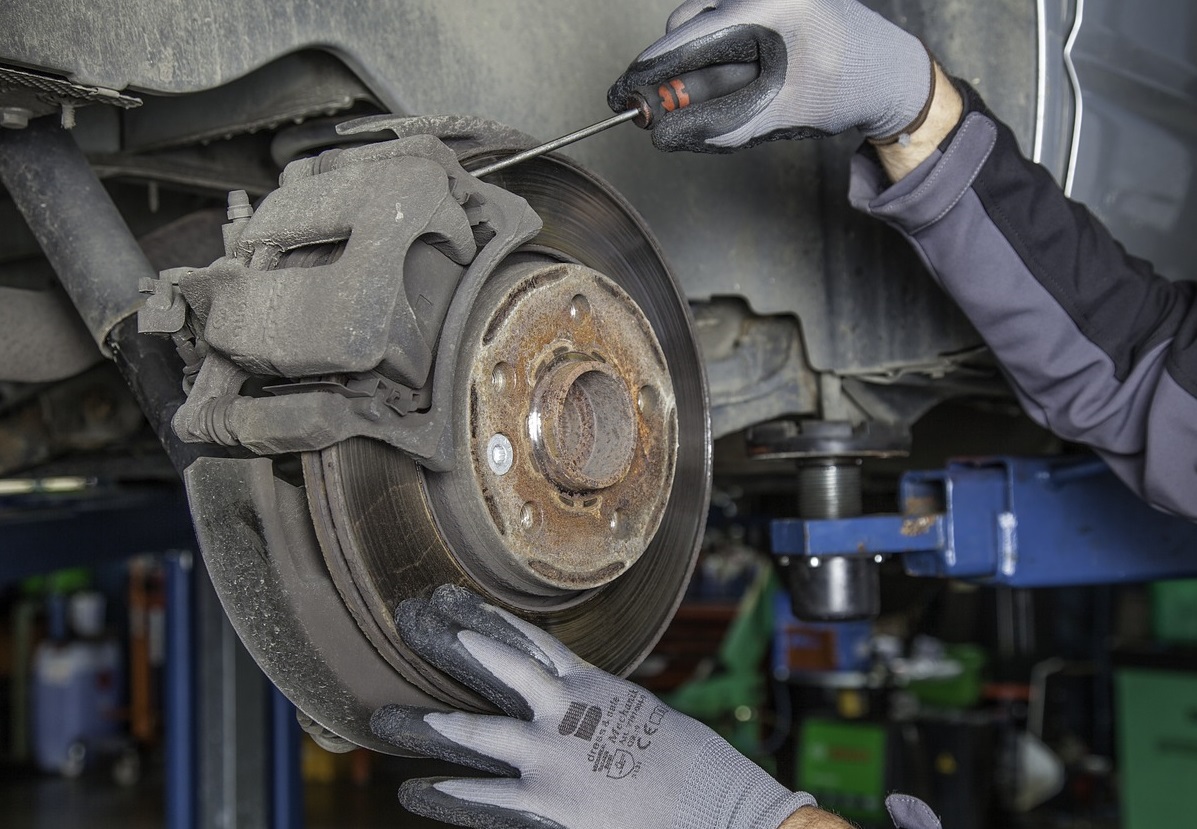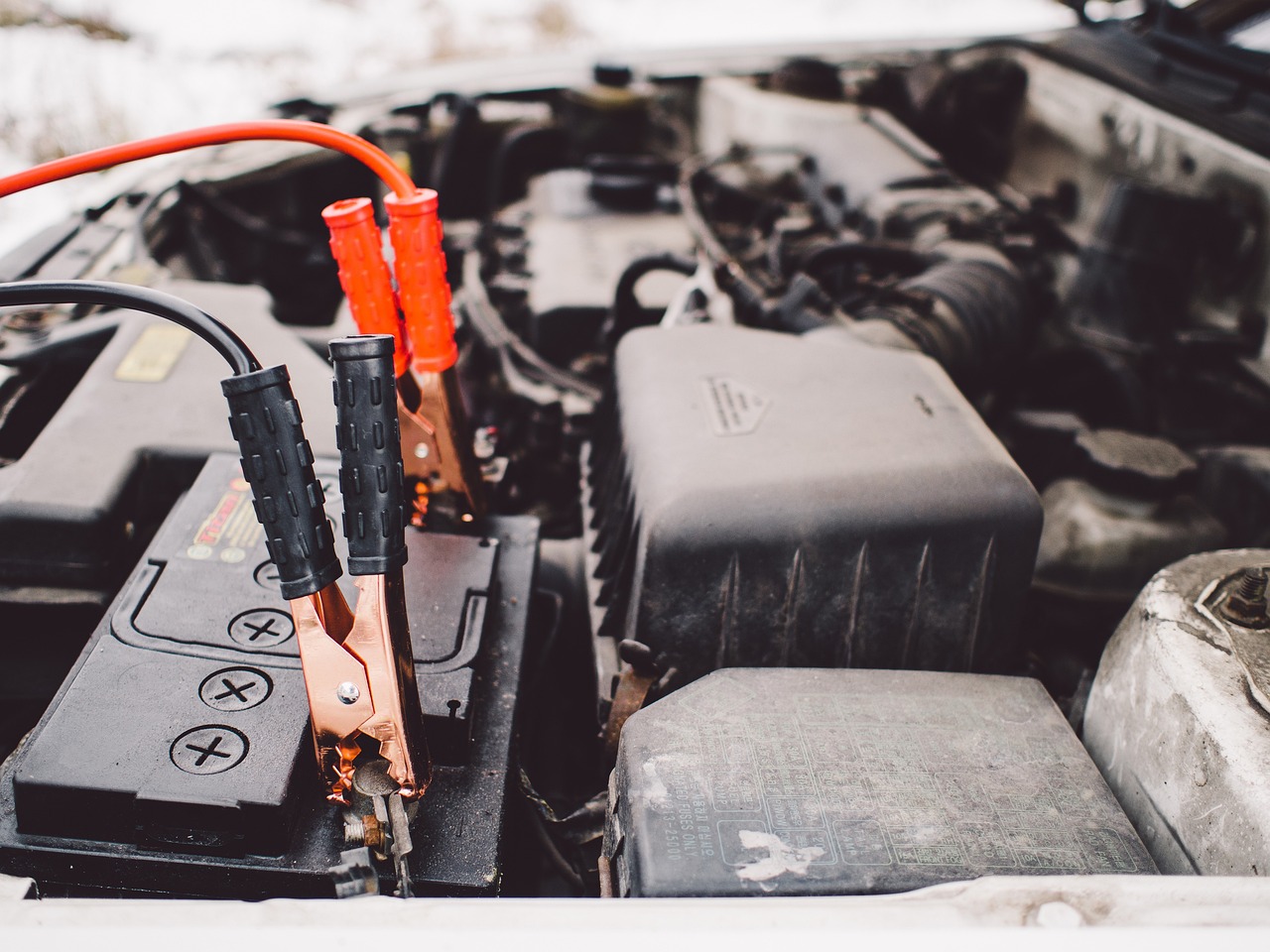Brakes are a vital safety component on any vehicle. Replacing your brake pads and discs at the right time helps maintain braking performance and keeps you safe on the road. This guide will help you understand when to replace brake pads and discs, how to check them, and what costs to expect in the UK.
When to Change Brake Pads and Discs
Brake Pads:
You should consider replacing your brake pads if:
- You hear squealing, screeching, or grinding sounds when braking.
- Your car takes longer to stop.
- You feel a soft or spongy brake pedal.
- The brake warning light appears on your dashboard.
- The pads are worn down to less than 3mm (check this during a service or MOT).
Brake Discs:
Brake discs may need replacing if:
- You feel vibration or wobbling through the brake pedal.
- There are visible grooves, scoring, or rust.
- The discs are worn down to below the manufacturer’s recommended thickness (this can be checked with a micrometre or during a service).
- There’s blue discolouration from overheating.
In general:
- Brake pads last between 25,000 to 50,000 miles depending on your driving style and conditions.
- Brake discs may last up to 80,000 miles, but should be checked regularly for wear.
Cost to Change Brake Discs and Pads in the UK
The cost to replace brake pads and discs can vary depending on your car model, whether you go to a dealership, an independent garage, or a mobile mechanic. Here’s an average breakdown of costs:
- Brake pads only: £100 – £150 per axle (including parts and labour)
- Brake pads and discs: £200 – £400 per axle
- Luxury, performance, or electric vehicles may cost more due to specialised parts.
Labour Cost for Brake Pads and Discs (UK)
Labour typically makes up 40-60% of the total cost. The following are average labour costs:
- Brake pad replacement: £60 – £100 per axle
- Brake pads and discs together: £100 – £150 per axle
Note: Prices may vary due to brand-specific parts and labour rates. Independent garages and mobile mechanics typically offer more competitive pricing, but always ensure they use high-quality parts.
What to Check Before Replacing Brake Pads and Discs
Before approving a brake replacement, make sure to:
- Ask for a visual inspection and ensure the mechanic measures the thickness of the pads and discs.
- Check for any issues like caliper wear, fluid leaks, or uneven braking.
- Ensure the mechanic uses OEM-quality or approved aftermarket parts for replacements.
- Confirm whether the brake work will affect your car’s warranty, if applicable.
How to Check if the Job Was Done Properly
Once your brake pads and discs have been replaced, it’s important to ensure the job was done properly:
- The car should brake smoothly and quietly. There should be no vibrations or grinding sounds.
- The brake pedal should feel firm and responsive.
- Ask the mechanic to show you the old parts—most reputable garages will offer to show you the old components as proof.
- Brake fluid should be topped up and bled if necessary.
- You should receive a written invoice detailing the work done, parts used, and any warranty offered.
Tips for Drivers for Pads and Discs Replacement
- Replace pads and discs in pairs: It’s always best to replace brake pads and discs on the same axle (front or rear) to ensure balanced braking performance.
- Get a quote upfront: Many garages offer fixed-price brake services. Always ask for an upfront quote before agreeing to the work.
- Book regular brake checks: It’s wise to have your brakes checked during your MOT or annual vehicle service.
- Drive gently: Avoid harsh braking, particularly in stop-start traffic. Gentle driving can extend the life of your brake pads and discs.
Additional Considerations
When booking a brake replacement, consider the following:
- Warranty and Guarantees: Ensure that the parts come with a warranty and that the work is guaranteed. Most reputable garages provide warranties on parts and labour.
- MOT Considerations: If your brake pads or discs are found to be worn during your MOT test, your vehicle will fail, and you’ll need to have the parts replaced before retesting.
By staying on top of brake maintenance, you’ll ensure your vehicle remains safe and efficient on the road. Remember, regular checks and timely replacements are essential to keeping your braking system in top condition.

